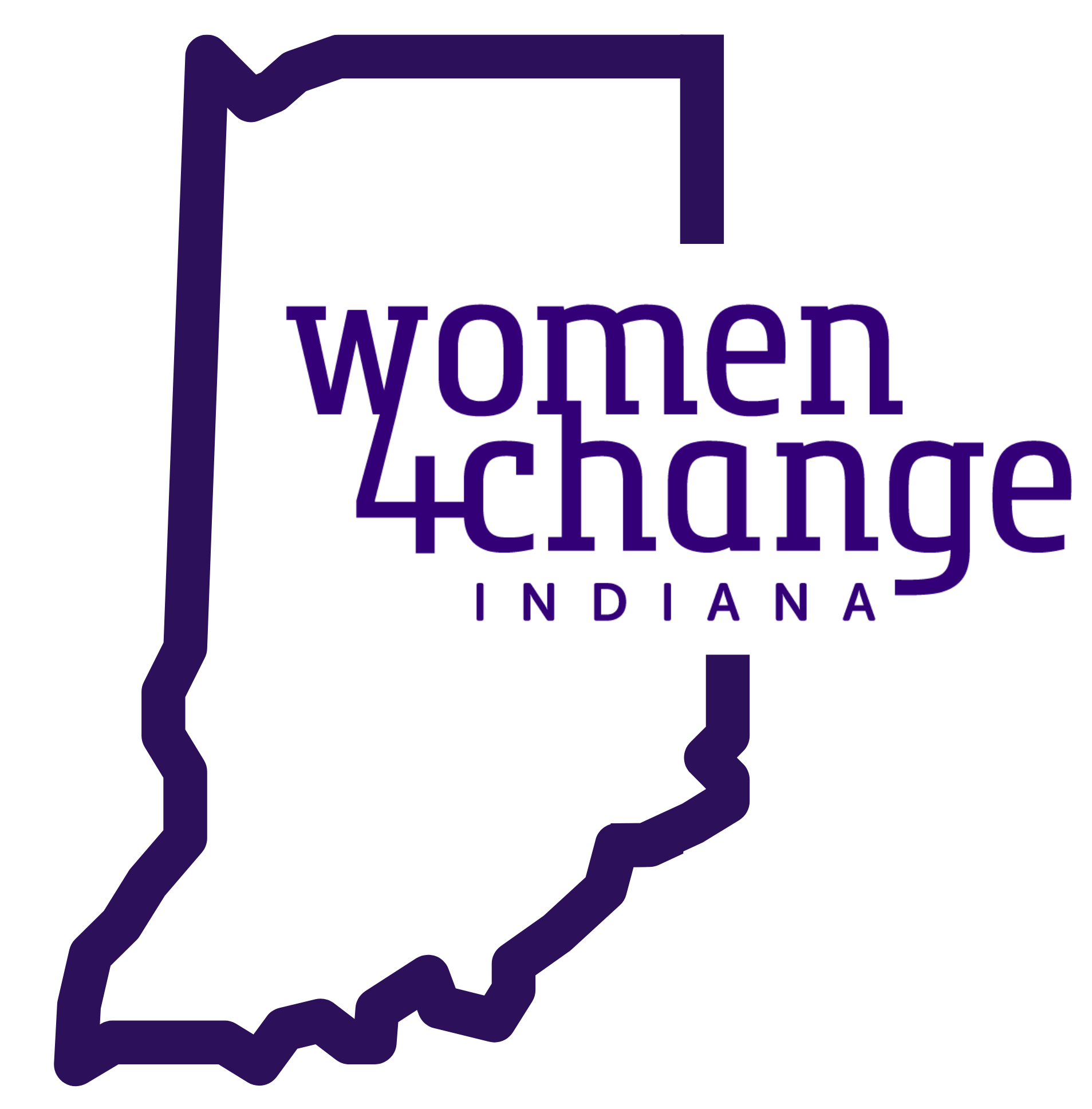The Fight for LGBTQ+ Equality
By Nina Baranyk
This June marks the 52nd anniversary of the Stonewall riots, the demonstrations in response to anti-gay police violence that propelled the gay rights movement in the United States forward. While Stonewall Inn remains one of the most famous places in New York City’s Greenwich Village, the legacy of the Stonewall riots and the subsequent battle for legislative protection for LGBTQ+ people can be felt all over the country. In honor of the Stonewall riots, several education-based organizations gathered in 1994 and designated June as LGBTQ+ pride month, a resolution that was formally acknowledged in 1995 by the General Assembly of the National Education Association. Since then, June has been filled with parades, festivals, fundraisers, concerts, and more in order to honor the hardship that LGBTQ+ people in the United States have faced and to celebrate queer identities in spaces meant just for them.
Despite the rainbow flags that fly high every June, the battle for LGBTQ+ equality in the United States is far from over. While the Supreme Court’s landmark decision in Obergefell v. Hodges ensured that same-sex couples have the right to marry, many LGBTQ+ people still face discrimination from organizations and individuals. In 2021, nearly half of U.S. state legislatures proposed bills aimed at restricting the rights of trans people. Trans women, especially trans sex workers and Black trans women, face extremely high rates of violence and abuse. This April saw the Arkansas legislature’s horrific anti-trans bill, which bans gender-affirming healthcare for transgender minors. This bill was vetoed by Arkansas governer Asa Hutchinson, only to be overruled by the legislature - a clear example of the threats that transgender youth face across the country.
While cities like Indianapolis host large Pride celebrations every year, the state has a long history of anti-LGBTQ+ sentiment. Due to the negative association of HIV/AIDS with the LGBTQ+ community, Indiana became infamous for a Kokomo school district’s decision to prohibit a teenager who was diagnosed with AIDS after a blood transfusion from attending school. Because of his persistent fight for his rights, Ryan White would go on to become a national symbol for HIV/AIDS awareness and would eventually be honored by the United State Congress. A year before the 2015 Supreme Court decision to nationally legalize gay marriage, the ACLU of Indiana filled lawsuits against Indiana schools that refused to allow students to form a Gay/Staight Alliance club.
As of 2010, 4.5% of all Indiana adults identify as part of the LGBTQ+ community. Of those adults, 34% are raising children. Despite the irreplacable community of LGBTQ+ Hoosiers and the contributions of the individuals within it, Indiana legislators continue to try and pass discriminatory legislation. This past legislative session, Senator Dennis Kruse attempted to pass similar legislation to Arkansas’s anti-trans bill, which would prevent specified healthcare professionals from providing gender-affirming care to minors whose gender identity “is inconsistent with the minor’s biological sex.” Knowing that transgender youth are far more likely to exprience depression, be the victim of sexual violence, and committ sucide, these kinds of legislation are not only discriminatory but also deadly. Other bills, like Senate Bill 289 introduced by Senator James Tomes, would have recruited birth certificates to list a child’s biological parents, which could later lead to legal complications for LGBTQ+ parents.
While both of these bills died in the Statehouse, Indiana struggles to make active positive progress. Both the Indiana House and the Senate introduced legislation to prohibit conversion therapy, but these bills were also ignored in committee.
Women4Change Indiana strongly believes that LGBTQ+ Hoosiers deserve the same rights as heterosexual and cisgender Hoosiers. We are dedicated to the advancement and protection of all Indiana women, including queer women. W4C strongly believes that transgender women are women. We will continue to fight for legislation that supports the LGBTQ+ community while also combating discriminatory and dangerous legislation and recognizing Indiana’s complex history with LGBTQ+ rights.
This Pride month, we too honor all LGBTQ+ Hoosiers and celebrate their identities. The fight for equality is far from over, and while we celebrate each other today, we will not back down.
